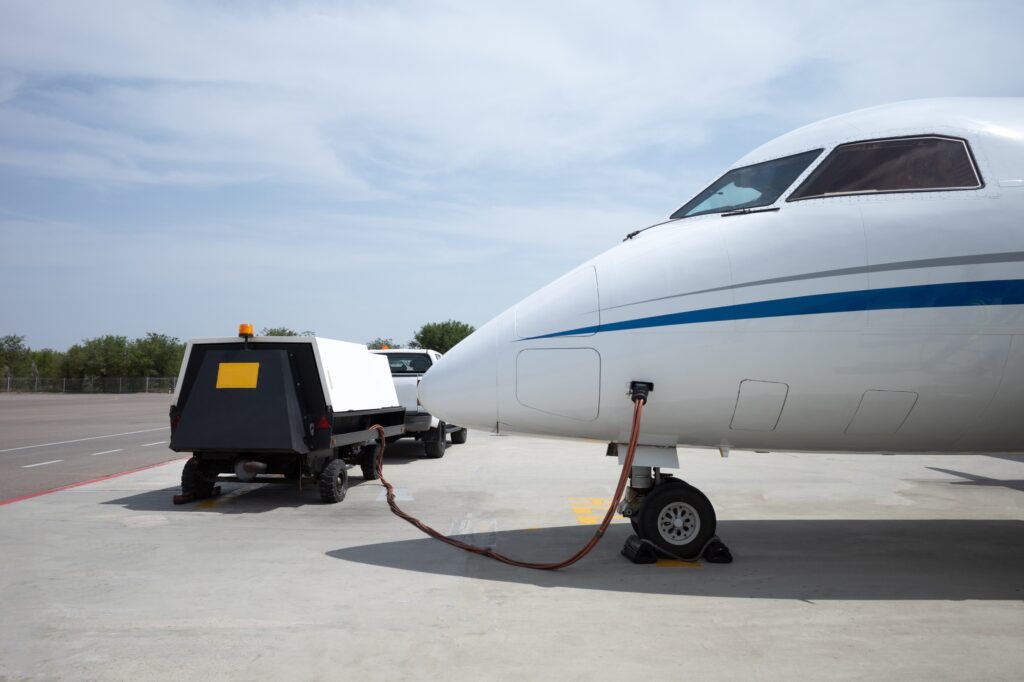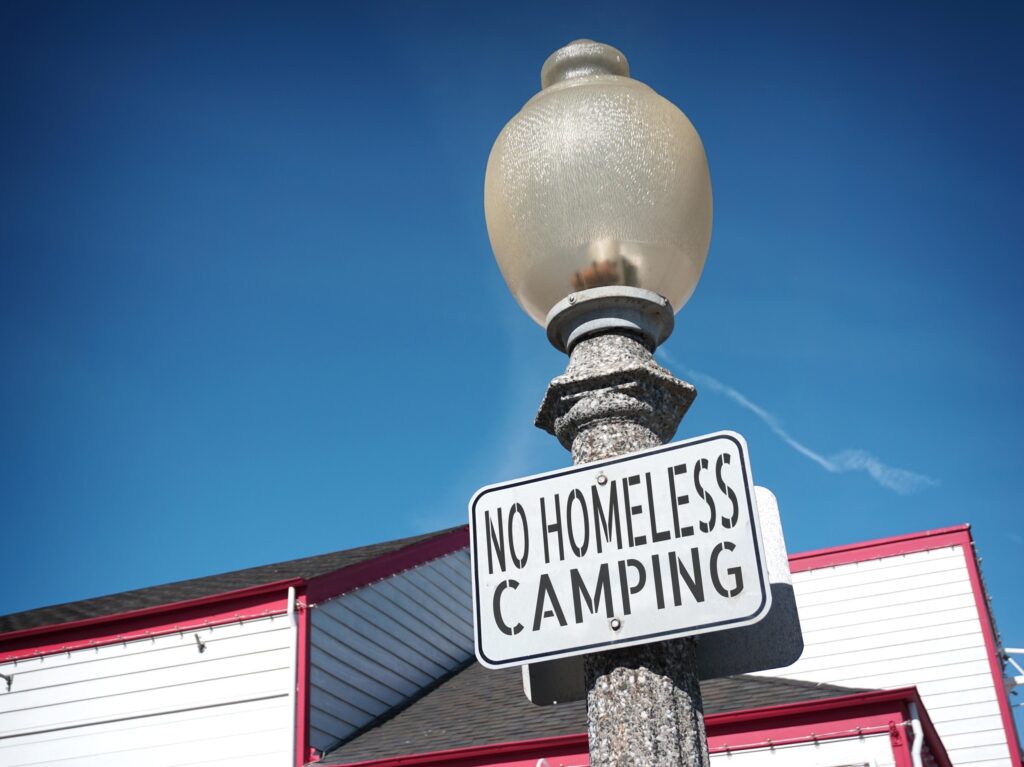Iowa’s ridesharing bill is good for bankers, bad for Iowans
When I was a child, the notion of “staying up all night” was a sort of Holy Grail. In my elementary school-aged mind, successfully doing so was tantamount to attaining adulthood – a state that, as I understood the rumors, consisted primarily of never having to go to bed and eating pizza whenever one so desired.
My dad, being as supportive as he was, had no qualms about my grand vision. There was only one caveat: I had to agree spend my sleepless night lying down on a bed of blankets and pillows carefully assembled by my mom in the living room. And the lights had to remain off, while I watched TV. I never made it past midnight.
As anti-ridesharing forces around the country have sought to stymie companies like Uber and Lyft, their approaches often resemble my dad’s sinister ingenuity: stipulations that initially seem benign ultimately turn out to be significant barriers to entry, intended to lead to the failure of the entire initiative. The latest example has appeared in Iowa, where pending legislation in the state House of Representatives would require ridesharing drivers with liens on their vehicles to maintain comprehensive and collision insurance policies.
Like most examples of its kind, the regulation doesn’t initially sound all that egregious, until one realizes that no other driver on the road has to abide by such a standard – not even limousine and taxi drivers. Nor is there any particularly good reason for the arbitrary distinction between ridesharing drivers, who are simply using their own vehicles as a means of additional income, and other drivers.
But like other logically inconsistent measures around the country, including Massachusetts’ duplicative inspection requirements and cab-only airport access; Corpus Christi, Texas’ onerous background-check requirements; or Austin, Texas’ call for fingerprinting of rideshare drivers, the clear purpose behind the regulation has nothing to do with public safety. Instead, it has everything to do with lining the pockets of various interests and impeding the growth of ridesharing.
Iowa’s new measure has been vocally supported by the banking industry, which wishes to use the sledgehammer of legislation to protect the loans they issue, rather than the much more relevant scalpel of negotiating the terms where they belong: in the contracts that already exist between lender and lendee.
Some estimates suggest that nearly three in four Americans currently finance their vehicles, so the bill’s effect would impact the vast majority of individuals driving for ridesharing services. And the difference between the legally mandated level of coverage and a plan that also includes comprehensive and collision coverage isn’t trivial. A recent Nasdaq article highlighted just how significant the cost can be:
A 25-year-old woman living in Oakland, Calif., would pay about $610 a year for minimum liability coverage on a paid-off 2002 Ford Taurus, assuming a clean driving record and no accidents. But upgrading to a shiny 2013 BMW 3-series and appropriate full coverage (comprehensive, collision and 100/300/50 liability) would cost her about $3,285 a year.
It thus should come as no surprise that Iowa’s insurance industry also has chimed in their support, given the significant increase in revenue they could expect under such a proposal.
It is also important to note that a significant percentage of Iowans – perhaps one in four – leases their vehicles. All leasing companies already require not only comprehensive and collision insurance policies on their vehicles, but policies that usually far outpace state requirements. As Nasdaq notes:
Some states require as little as $12,500 in bodily injury liability insurance and as little as $5,000 in property damage liability. But leasing companies demand much more, usually $100,000 per person to cover those injured and $50,000 to repair damage to other cars or property.
For some ridesharing drivers, the position is an opportunity to bring in extra money and pay a few bills. For others, it’s a livelihood. Such an egregious increase in the out-of-pocket expenses necessary to become a driver has a dramatic impact on the net financial benefit for hard-working Iowans looking to make ends meet.
Uber, for its part, has promised to cease operations in Iowa, if the measure is successful, just as the company did in Kansas when that state’s Legislature sought to enact a similar requirement. That’s an outcome that’s great for cab companies, and soothing, perhaps, for fretful bankers. But it’s very bad for the hundreds of thousands of Iowans who will end up losing beneficial options as consumers, and entire sources of income as workers, due to their Legislature’s decision to find out just how much it can squeeze out of a burgeoning new industry.







